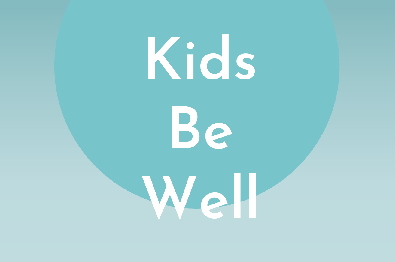Albert Einstein's quote, "Imagination is more important than knowledge. For knowledge is limited, whereas imagination embraces the entire world," highlights a timeless truth about the value of creativity and imagination in the learning process. While knowledge provides us with facts and information, imagination allows us to think beyond the limits, explore new ideas, and push the boundaries of what is possible. This article delves into the importance of imagination and how it shapes our understanding of the world.
Knowledge: The Foundation, but Not the Final Step
Knowledge is crucial to our lives. It encompasses the information we gather from education, experience, and observation. Knowledge helps us understand the world around us, makes us aware of facts, and provides us with a foundation on which to build our understanding. However, knowledge alone has limitations. It can only encompass what is already known and understood. Knowledge is finite and static, but the world is constantly evolving.
While knowledge is necessary for daily functioning, it is the ability to look beyond what is known and imagine what could be that fosters innovation and progress. Imagination opens doors to endless possibilities and creates the pathways through which new knowledge is discovered.
The Power of Imagination
Imagination is the force that propels us forward, sparking creativity, invention, and innovation. It allows us to visualize what has never been before and explore ideas that defy logic and convention. Imagination fuels creativity, which in turn drives scientific discoveries, artistic expression, and problem-solving. The ability to imagine a future beyond the present moment enables progress in every aspect of life.
For instance, many of the world’s greatest inventions began with an idea that seemed impossible at the time. The airplane, the internet, and even space travel all began as flights of imagination. Without the visionary thinking that stems from imagination, we would be stuck with only the knowledge of what has already been accomplished.
Imagination in Education
In education, imagination plays a vital role in developing children’s critical thinking, problem-solving abilities, and emotional intelligence. Teaching children to imagine allows them to think creatively and develop the skills necessary for navigating an unpredictable world. It encourages them to ask questions that challenge the status quo, approach problems with new perspectives, and find innovative solutions.
Encouraging imagination in children also nurtures empathy. When children are encouraged to imagine the world from different perspectives, they develop a better understanding of others’ emotions and experiences, promoting emotional intelligence and fostering a more compassionate and inclusive society.
Moreover, imagination provides a safe space for experimenting with ideas, without the fear of failure. In this space, children can think freely, make mistakes, and learn from them, which is a crucial part of the creative process. The more imaginative children are allowed to be, the more likely they are to become resourceful adults who can think critically and creatively.
Imagination as a Tool for Innovation
Innovation is driven by the ability to think outside the box — to visualize possibilities beyond what is currently known. The world’s most successful innovators, whether in technology, art, business, or science, are those who have learned to harness the power of imagination. Imagination allows them to envision solutions to problems that others may overlook.
Take, for example, the technology industry. The creation of the personal computer, the smartphone, and artificial intelligence all began with imaginative thinking. These innovations were not simply the product of accumulated knowledge, but of the visionaries who imagined a different, more efficient way of interacting with technology.
Key Takeaways
Imagination is not just a whimsical or artistic concept; it is a powerful tool that shapes how we approach life, education, and innovation. While knowledge is important, it is the ability to imagine that enables us to break free from limitations and create new opportunities. Imagination fosters creativity, problem-solving, and progress, and it encourages us to think in ways that knowledge alone cannot.
In the pursuit of education, success, and personal growth, we must value imagination just as much as knowledge. It is through imaginative thinking that we unlock the potential to shape the future and move beyond the constraints of what is known.
By nurturing imagination, we ensure that future generations are equipped with the tools to tackle the challenges of tomorrow, whether through groundbreaking inventions, creative expression, or new ways of thinking that transcend current limitations.












